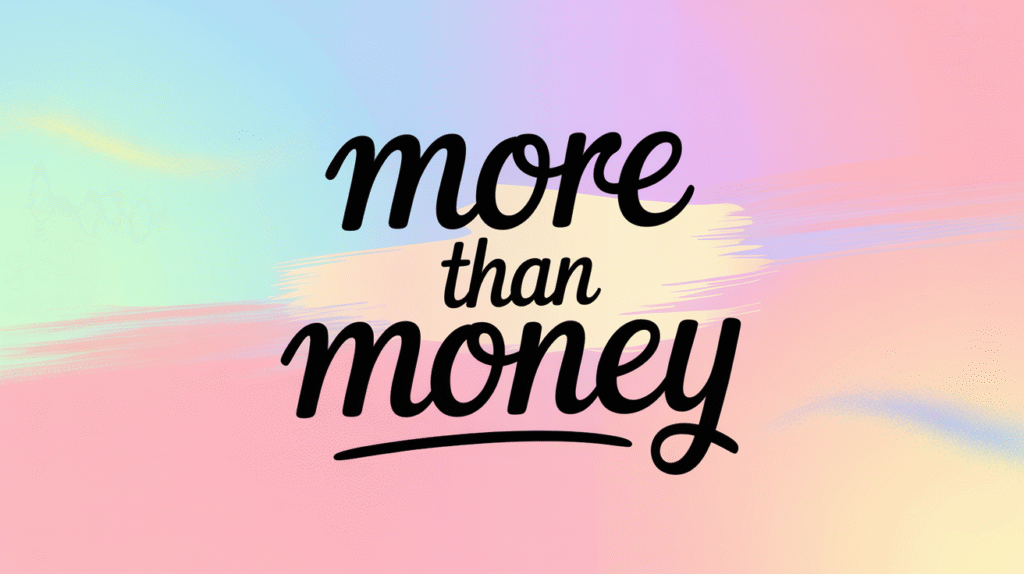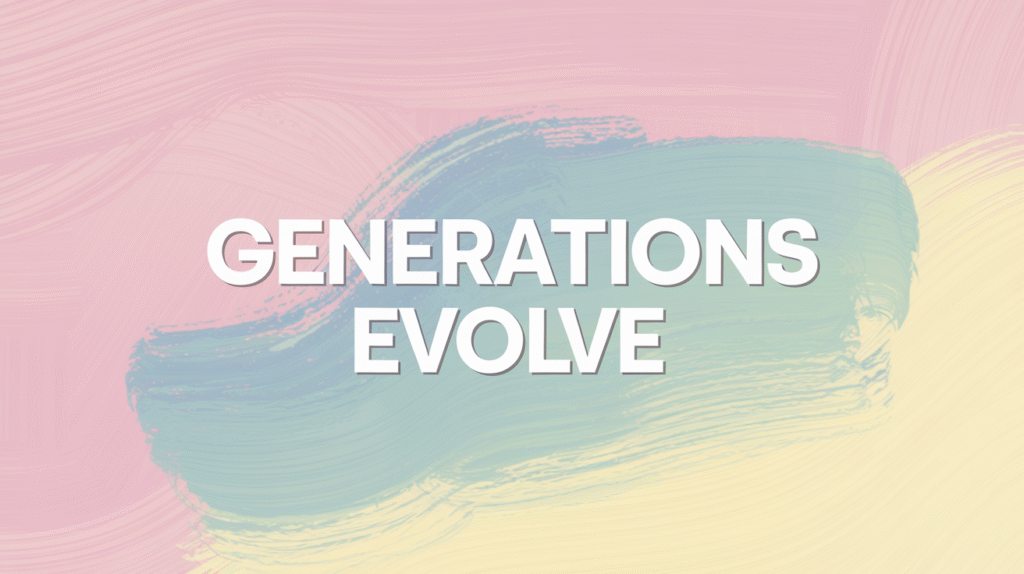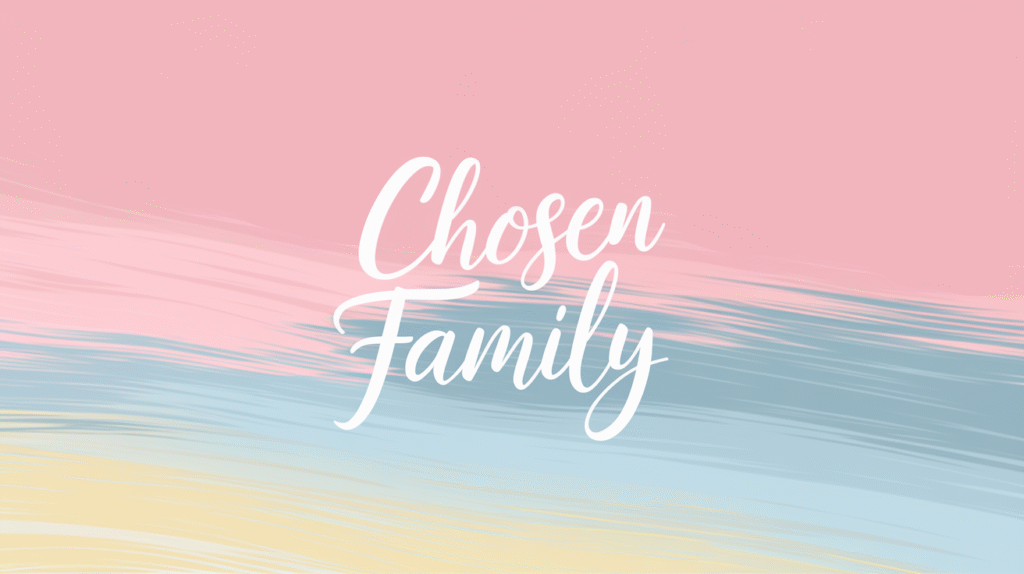
The Allure of Money
Money is like the driving beat of a rock anthem—catchy, powerful, and impossible to ignore. It promises freedom, happiness, security, and the ability to live life on your own terms. But behind its glossy appeal lies a complicated truth. While it can certainly make life easier, money often leads us down paths that challenge our values and compromise our well-being. Relationships, priorities, and even personal integrity can become entangled in the endless pursuit of more.
In the name of money, families have gone silent, friendships have ended, and marriages have crumbled. The influence of money can be so strong it twists people into versions of themselves they no longer recognize. It’s a force that tempts us with short-term gain but can quietly steal long-term peace. The reality is, money can change people—not because it’s evil, but because we give it more power than it deserves. The challenge is in finding balance: appreciating what money can offer without letting it become the sole rhythm that dictates our life’s song.
The Illusion of Fulfillment
You can buy the best bed in the world, but it won’t bring the peace of mind that allows you to sleep soundly. Money may offer convenience, but it doesn’t guarantee inner calm. The belief that material things can bring us joy is one of society’s most persistent myths. True fulfillment doesn’t come from what we own—it comes from what we feel, experience, and build over time.
Likewise, a high-end watch may help you track time, but no amount of wealth can buy back missed memories, conversations, or chances to say “I love you.” Time is the one thing no one can purchase, no matter how wealthy they are. And the more we fixate on material gain, the more we risk squandering the very moments that make life meaningful. Wealth cannot buy the feelings that come from watching a sunset, holding someone’s hand, or laughing until you cry. It’s a hollow promise if we chase it thinking it will fill emotional voids that only connection and presence can heal.
The Limits of Wealth
You can buy books, but not the hunger to learn. Money can fill a room with knowledge, but it can’t force wisdom into your heart. Real understanding is born from curiosity, failure, and experience—not from the size of your bank account. Education is not about having resources; it’s about how you use them, and whether you truly want to grow from what you learn.
Similarly, you can fund your worst habits, but doing so may cost you your freedom. Whether it’s an addiction to luxury, validation, or substances, the power to indulge often becomes a trap. True freedom isn’t about having everything—it’s about not needing everything. When money fuels destructive behaviors, it enslaves rather than liberates. To live freely, we must question whether we’re using our wealth—or if it’s using us.
Health and Happiness
Money can buy you medicine, but it can’t guarantee healing. It can provide access to top doctors and hospitals, yet physical and mental health require more than treatment—they demand lifestyle, mindset, and support. You can’t outsource care for your own body and soul. True health comes from consistent choices, not convenience or cost.
You can buy the grandest bouquet of roses, but you can’t buy love. Love is earned, nurtured, and maintained through effort and presence, not purchased with gifts. The gestures may be pretty, but without sincerity and connection, they fall flat. Real love shows up in small, honest moments, not just grand romantic displays. And just like good health, it thrives on care, trust, and time.
The Paradox of Wealth
Wealth promises ease, but often delivers complexity. The more we acquire, the more we fear losing it. The more we own, the more we worry about protecting it. It becomes a cycle of striving, where every victory only leads to a new goalpost. Life becomes a game of chasing, never arriving. In this process, we may lose sight of what made us happy in the first place.
Money, in its best form, is a tool—meant to create opportunity, not define our identity. It can open doors, but it can also become a prison if we allow it to become the only thing that matters. The real question isn’t how much money you make, but how you’re using it. Is it supporting your values? Or distracting you from them? True wealth is measured not by your net worth, but by the depth of your relationships, peace of mind, and purpose.
Where True Wealth Lives
So what if we looked at money not as the main act, but as the opening band? What if we stopped asking how much we have and started asking how we’re living? The answers might surprise us. Money is important—but it isn’t everything. It can make life more comfortable, but it can’t make it more meaningful unless we use it intentionally.
As you reflect on your own path, ask yourself: What do you consider your greatest form of wealth? Are you investing your time in things that truly matter? What would your life look like if your priorities weren’t shaped by money, but by meaning?
The truth is, the richest lives are not built with dollars—they’re built with heart. And when we remember that, we stop chasing wealth and start creating something far more valuable: a life that feels whole, honest, and fully our own.


